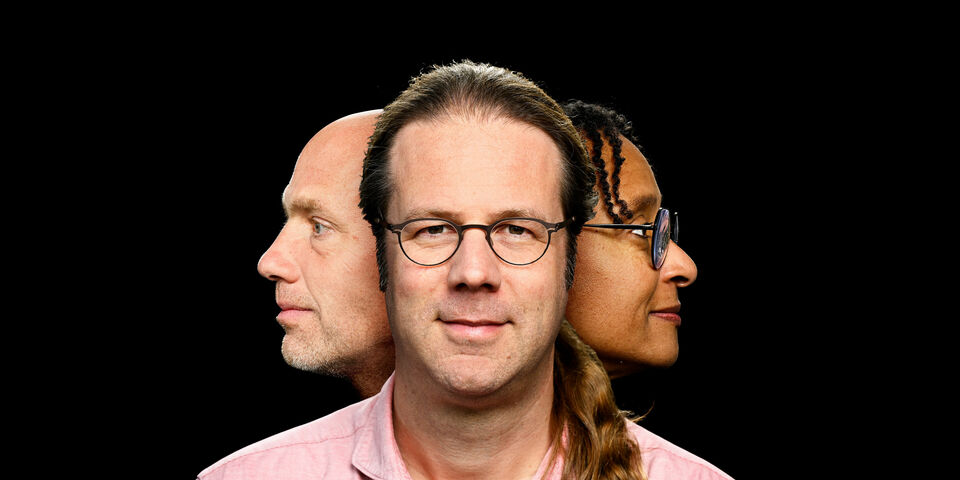BFF | Excellence Rebellion
Recently I was correcting an exam in which the grades showed an interesting bimodal distribution; two maximums, one around the fours and one around the sevens. The average grade is not very informative in such cases. For example, if I had decided to increase the average by a whole point (although not a single hair in my ponytail would consider that), it would nevertheless not have helped the students with a 4 (as opposed to spending some more time on the subject).
'The average' is a tricky concept anyway. For example, the average duration of study gives a rather distorted picture of how long most students study. In this case because the average study duration is strongly influenced by a few long-term students and because a good student usually needs the full five years. The median is a much more informative value in this case.
By nature, a (technical) university is not a reflection of the average, not of Eindhoven, the Netherlands or Europe, not of commitment, not of motivation and not of requirements that we (should) set for ourselves, as students and as teachers. Nevertheless, at a university it must be our constant aim to raise the average.
"Luc, if you ever get into a role where you decide on hiring new people, always make sure they're better than you are." I received this advice from a senior colleague when I had just started out as a young group leader in Germany. Indeed, you could read in this opinion that this colleague thought that I represent just about the extreme lower limit of what is acceptable in terms of scientific level, but the addition "because that pulls the average up" at least gave me a slightly better feeling.
This advice was, and is, contrary to developments in Dutch education, from primary school to university, where lowering levels is seen as the best way to be inclusive. However, a university is by definition exclusive and an environment where you want to be challenged to your maximum to develop yourself. An exclusive university is also best able to find and guide that 'maximum' for every student personally.
Challenging each individual to the maximum also has a snowball effect on the whole. This creates a mentality of both students and teachers to always try to surround themselves with peers who are just a bit better than they are. Only in this way we can prevent that we will soon become the best HBO in the south of the Netherlands.
It is not very original to quote him, but sport and science have a lot in common, so ahead we go with Johan Cruijff: "Sevens surround themselves with sixes. Nines surround themselves with tens." Whether Cruyff said this or not – there are many similar variants of this quote by other visionaries – the message is clear: challenge yourself by working with people you can learn from.
What does this mean for your studies? Of course not that you have to make sure you end up in an OGO group that includes two smart students who do all the work (those students evidently aren’t that smart anyway), but that you challenge yourself to also want to reach the level of that fellow student you admire. Let others be a source of inspiration, from whom you learn and for whom you are happy when they achieve a good result and by which you then become motivated to achieve the same, or even better, result.
BFF | Bald, Frizzy or Flowing is a joint initiative of Willem Mulder (Bald), Monique Bruining (Frizzy) and Luc Brunsveld (Flowing), that they started at the beginning of 2023 on the site of Cursor.


Discussion